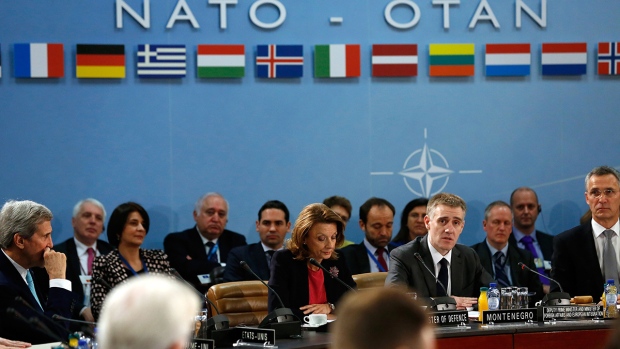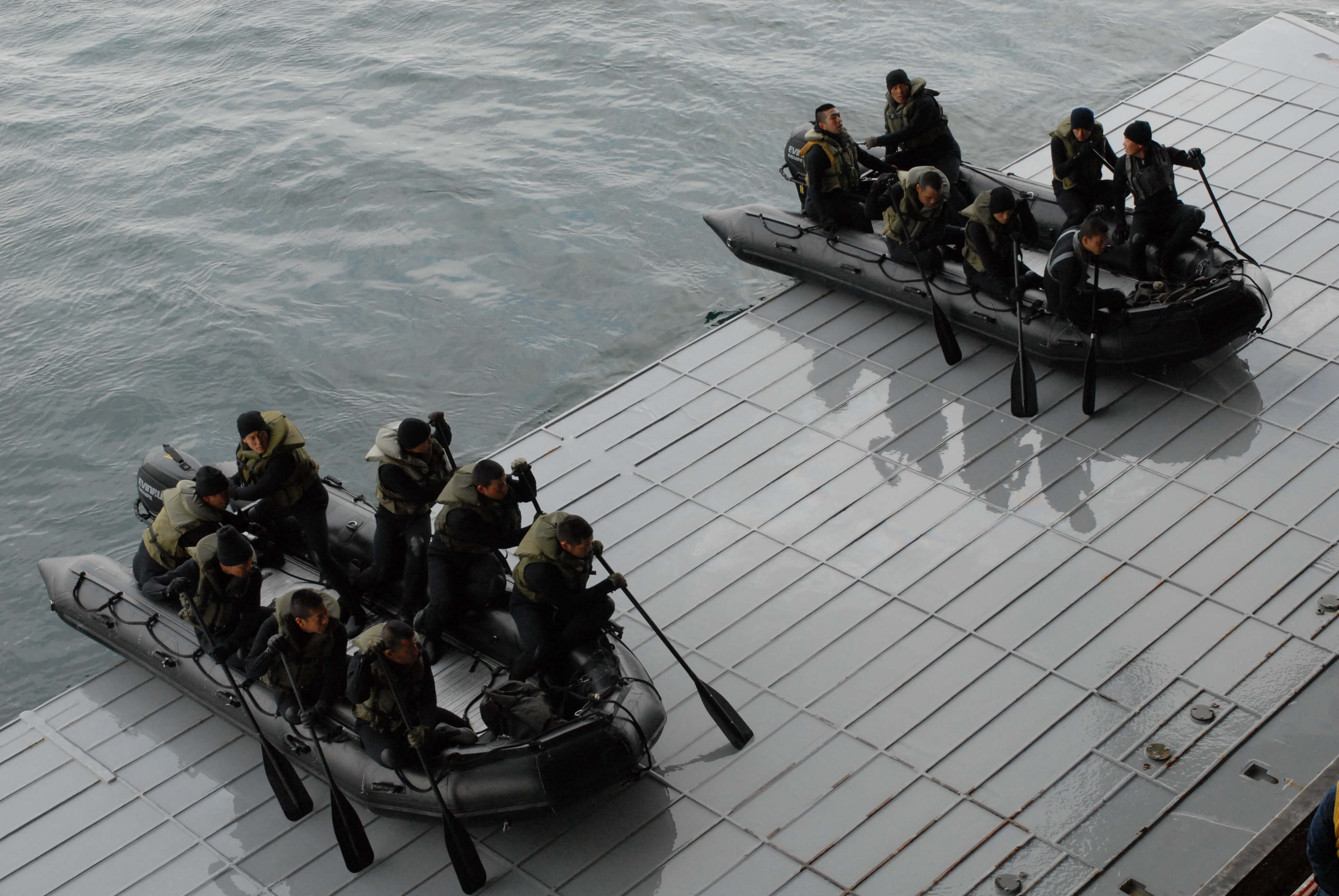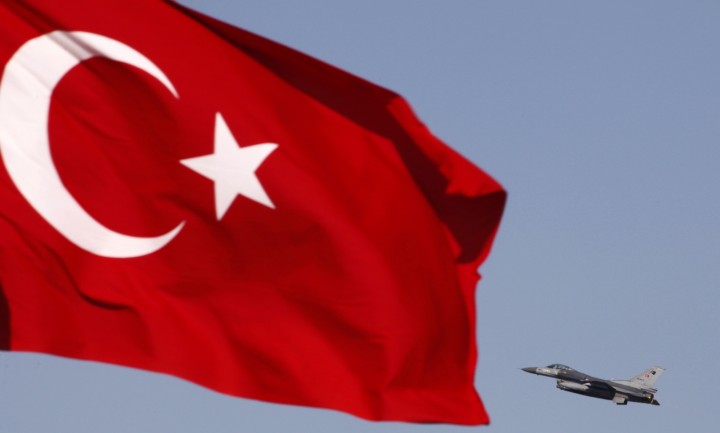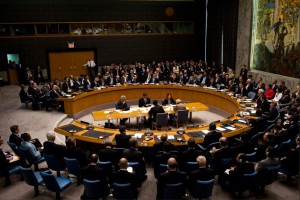On December 2, NATO formally invited Montenegro to join the military alliance, nine years after the Balkan nation began the process of accession.
Is NATO membership for Montenegro a good idea?
Michael Lumbers: Repeating The Same Mistake Is Never A Good Idea
Program Editor, Emerging Security
When NATO agreed to its first round of expansion into Eastern Europe in the late 1990s, George Kennan, the intellectual architect of America’s Cold War strategy of containment, noted presciently: ”I think the Russians will gradually react quite adversely and it will affect their policies…it is a tragic mistake.” This observation was made at a time when hopes were still high that a new, more constructive relationship with post-Soviet Russia would emerge from the ashes of the Cold War. Yet even as the strategic context has since shifted –Russia under Vladimir Putin’s stewardship has developed into a destabilizing and mischievous actor –Kennan’s gloomy observation about the folly of NATO expansion is no less valid today. Against the backdrop of steadily deteriorating relations between Russia and the West, inviting Montenegro to join the alliance amounts to pouring gasoline on the fire, with no discernible short- or long-term payoff.
Russian officials, predictably, greeted this news with heated, even threatening rhetoric. Western leaders, predictably, assured the Kremlin that this move, as with previous expansions of the alliance, was not directed against any country and was for the benefit of pan-European security. Even if these routine reactions read like a scripted template, they point to a worrying impasse between Russia and the West that has already divided Europe anew, most dramatically in Ukraine.
The West’s attempt to consolidate its Cold War victory by remaking former Soviet satellites in its own image, via liberalization and membership in security organizations, was interpreted by Russian elites 20 years ago as a provocative encroachment on their sphere of influence. Lest Moscow’s unease over NATO’s intentions is dismissed as paranoia, it’s worth considering whether Washington would react nonchalantly to Mexico entering into a military alliance with Russia.
Continuing to move NATO into countries that have traditionally meant more to Russia’s security interests than the West’s only fuels Putin’s narrative of a predatory West and prompts risk-taking behaviour aimed at reasserting Russia’s clout in traditional zones of influence (Georgia in 2008, Ukraine in 2014) and driving a wedge inside NATO by instilling doubt among its new members of the West’s readiness to come to their defence (intrusions by Russian warplanes into the airspace of the Baltic states). Montenegro now becomes a potential new front in this asymmetric, psychological gamesmanship.
Coming when the West is encouraging Moscow to focus its military effort in Syria against ISIS and to lean on Bashar al-Assad to step aside, the timing of this decision is particularly odd. This could encourage Putin to play spoiler or at least increase the price for Russian cooperation, perhaps a relaxation of economic sanctions stemming from Russia’s annexation of Crimea and sponsorship of separatists in eastern Ukraine.
If the wider goal of this move is to goad countries like Montenegro into reforming their societies in a pro-Western direction, a military alliance viewed by Russia as a Cold War relic is not the ideal vehicle for ensuring such a transition. While fruitful relations with Putin’s Kremlin are now a pipe dream, the West should consider how today’s actions, which serve only to realize Russia’s worst fears of Western hostility, will needlessly hamper tomorrow’s efforts to engage his eventual successors.
Michael Kang: A Matter Of Principle
Research Analyst Intern
Questions have surrounded NATO’s decision to admit Montenegro, given the deeper geopolitical implications this may have on relations with Russia. Given Montenegro´s meagre military capabilities, the small Balkan nation stands to be the main beneficiary of this deal with the added protection of NATO´s security umbrella and more stabilization between formerly belligerent neighbours. Whether or not Montenegro is a liability is yet to be seen in the face of growing mistrust between Russia and the West. However, it would be short-sighted to undermine this decision.
Although Montenegro’s admission may further complicate cooperative efforts to settle conflicts in Ukraine and Syria, NATO should not base its policies on the appeasement of Russia. Despite the Russian view that NATO expansion into Eastern Europe is aimed at containing it, NATO membership is based on a multilateral process between member states and those countries wishing to join. Other Balkan nations like Bosnia and Herzegovina and Macedonia are presently part of NATO´s Member Action Plan, (MAP) which offers guidance and support to aspiring members for making the necessary political, economic, and security reforms. NATO´s open door policy remains important to spreading democracy.
Despite the present instabilities in Russo-Western relations, the admission of Balkan states to NATO will make the organization more inclusive toward Russia, due to shared cultural, historical, and political ties between Russia and that region. Moreover, a policy of appeasing Russia could decrease NATO´s leverage in negotiations with Russia over military cooperation. The West should not seek to isolate Russia from the international community, but nor should it grant Moscow an effective veto over new NATO members.
Jonas Becker: Not Worth The Consequences Of Antagonizing Russia
Program Editor, Procurement
In the aftermath of the Cold War, NATO has evolved into more than a mere military counter to Russia. In a case of classic mission creep, NATO forces have participated in regional stability operations (peacekeeping by any other name) in Kosovo and Afghanistan, and taken the lead in anti-piracy operations off of Somalia. With such concrete contributions to global peace and security, surely the formal invitation to Montenegro can only add to NATO’s future contributions?
I disagree. While the Cold War may be over, Russia still sees NATO as an adversarial force. In the past two decades, 12 former Eastern Bloc countries have joined the alliance. This makes Russia justifiably nervous of encirclement from an organization whose stated goal was the containment of the Soviet Union. Whether this is rational or not, NATO expansion has almost certainly had some influence on Russia’s incursions into Ukraine and Syria. With the loss of sympathetic governments to the Arab Spring and NATO membership, Russia feels threatened. If the Soviet Union had extended Warsaw Pact membership to Mexico or Cuba, the U.S. and NATO would have reacted in a robust manner. Indeed, one need look no further than President Kennedy’s response to Soviet deployment of ballistic missiles to Cuba.
Montenegro’s membership in NATO offers both little strategic gain for Western defences and a high amount of provocation to Russia. At a time when Russian cooperation is essential to success in fighting ISIS and restoring stability to Syria and Iraq, NATO membership rallies should not be at the top of the agenda.
Leon Fleddermann: A New Member With A Lot Of Potential
Contributing Writer
Montenegro’s admission nets NATO another ally in an unstable region and is a positive sign of the development of peace in the Balkans.
Montenegro’s independence referendum in 2006 laid the foundation for a separate course from Serbia and towards closer relations with prominent Western organizations like the EU and NATO. Since then, the country has made significant reforms in both the civilian and military sectors, becoming an ever more influential power in the region.
Montenegro’s military consists of approximately 2,000 troops, who have received training from the German Bundeswehr, taken part in previous NATO training operations, and are currently engaged in four peacekeeping missions around the world. Montenegro has demonstrated, then, a keen commitment to making military contributions to global security. That being said, military spending makes up only 1.3% of GDP, and much of the country’s equipment is of Soviet and Yugoslav vintage; there is a lot of room for improvement.
Montenegro’s membership adds a lot of potential value for NATO. Its commitment is exemplary, given its limited resources. Of greater importance, however, is the impact of this decision on the Balkans. Despite Montenegro’s allegiance to Serbia during the Bosnian War, much has since changed and the country serves as a role model of post-Yugoslav development. Montenegro gives NATO ample opportunity to expand and improve peacekeeping missions in the Balkans and, potentially, abroad.




